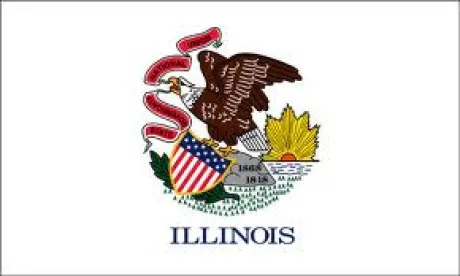In what appears to be an alarming trend for employers, the Chicago Tribune recently reported that a former Chicago State University employee was awarded $3 million after a Cook County, Illinois jury found that the University retaliated against him for reporting alleged misconduct by top university officials in violation of the Illinois State Official and Employees Ethics Act (5 ILCS 430/15-5, et seq.) and the Illinois Whistleblower Act. Crowley v. Chicago State University, No. 2010-L-012657.
Background
Plaintiff James Crowley (Crowley) was the Senior Legal Counsel for Chicago State University (University). His responsibilities included reviewing contracts and processing Freedom of Information (FOIA) requests. During his employment, the University hired a new President, Wayne Watson (Watson). Watson did not commence his employment immediately due to a retirement benefits regulation; however, Watson allegedly made official University decisions and moved into the Presidential residence during the interim period. Crowley received several FOIA requests inquiring about whether Watson was working unofficially in contravention of the benefits regulation.
Crowley alleged that Watson urged him to withhold certain documents from the FOIA requests, and threatened him by saying “If you read this my way, you are my friend. If you read it the other way, you are my enemy.” Crowley refused Watson’s request, and released all documents relevant to the FOIA inquiry. Crowley reported his concerns about the FOIA requests, as well as concerns about the University’s contracting practices, to the Illinois Attorney General’s Office. The University subsequently terminated Crowley’s employment. Crowley filed suit alleging that he was terminated for refusing to withhold documents from the FOIA requests and reporting the University’s alleged misconduct in violation of the Illinois State Official and Employees Ethics Act and the Illinois Whistleblower Act.
Jury Verdict
The jury found in favor of Crowley, and awarded him $480,000 in back pay and an additional $2 million in punitive damages. The jury also concluded that Crowley should be reinstated to his prior position. After receiving the jury’s verdict, the presiding judge doubled the jury’s back pay award, as permitted under state law, and also granted Crowley $60,000 in interest.
Implications
Multi-million dollar judgments in state court whistleblower retaliation cases are trending at an alarming rate. We recently reported on a $6 million whistleblower verdict in California and other large verdicts in Minnesota and New Jersey. This trend highlights the serious risks employers face under state and federal whistleblower laws, and servers as a wake-up call for employers to carefully review and refine their whistleblower policies and related practices.




 />i
/>i
